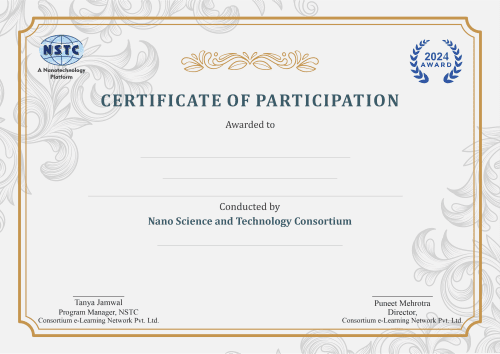
Single Nucleotide Polymorphism (SNP) Detection and Analysis using NGS
Uncover Genetic Variations with Precision: Master SNP Detection and Analysis using NGS
Skills you will gain:
Single Nucleotide Polymorphisms (SNPs) are critical genetic variations that play significant roles in disease research, personalized medicine, and population genetics. This workshop offers an in-depth exploration of SNP detection and analysis using NGS technologies. Participants will learn the principles of SNP identification, the technical aspects of NGS platforms, and the bioinformatics tools required for data analysis.
Throughout the three- day workshop, learners will engage in both theoretical and practical sessions, gaining hands-on experience in preparing samples, running NGS workflows, and interpreting SNP data. The workshop also covers the applications of SNP analysis in various fields such as genomics, pharmacogenomics, and evolutionary biology. By the end of the workshop, participants will be proficient in using NGS technologies for SNP detection and equipped to apply these skills in research and industry settings.
Aim: The aim of the “Single Nucleotide Polymorphism (SNP) Detection and Analysis using NGS” workshop is to equip participants with the knowledge and skills to detect and analyze SNPs using next-generation sequencing (NGS) technologies. This workshop will provide a thorough understanding of the workflows, tools, and techniques essential for SNP analysis in various biological and medical research applications.
- Understand the principles and techniques of SNP detection using NGS.
- Gain proficiency in NGS workflows and data analysis for SNP identification.
- Explore the applications of SNP analysis in various fields of research.
- Develop skills in bioinformatics tools and software for genetic data analysis.
- Learn to interpret and apply SNP data in real-world scenarios.
What you will learn?
Module 1
- Introduction to NGS Technology
- Overview of NGS data formats
- Accessing NGS data using SRA tool kit
Module 2
- Checking sequence quality using FastQC
- Cleaning the sequences using cutadapt
- Aligning sequences using BWA
- Sorting the BAM alignment files
Module 3
- Mark PCR duplicates in BAM alignment files using Picard
- Use FreeBayes and Delly on the BAM files to identify variants (SNPs and indels)
- Visually inspect read mapping and variant calls with the Integrated Genomics Viewer (IGV)
Note: Linux OS is required for running the tools
Intended For :
- Undergraduate degree in Genetics, Bioinformatics, Biotechnology, or related fields.
- Professionals in the genomics, biotechnology, or pharmaceutical industries.
- Researchers and scientists with a keen interest in genetic variation and personalized medicine.
Career Supporting Skills


